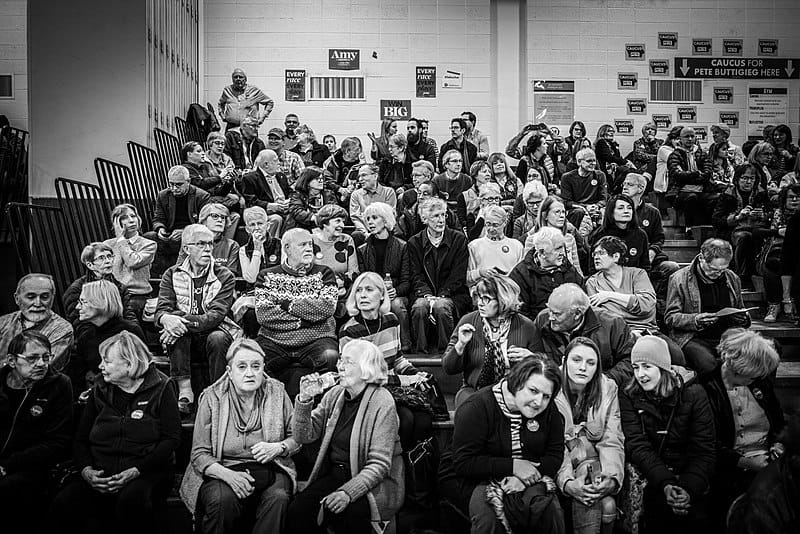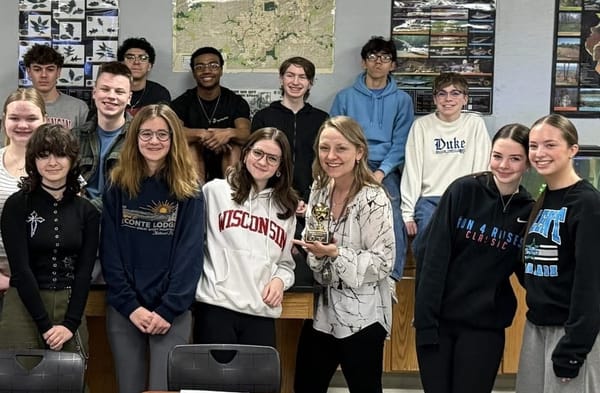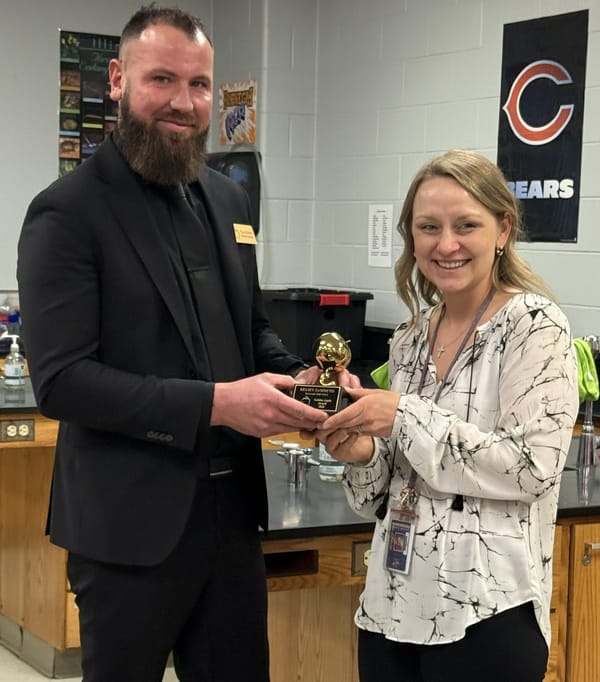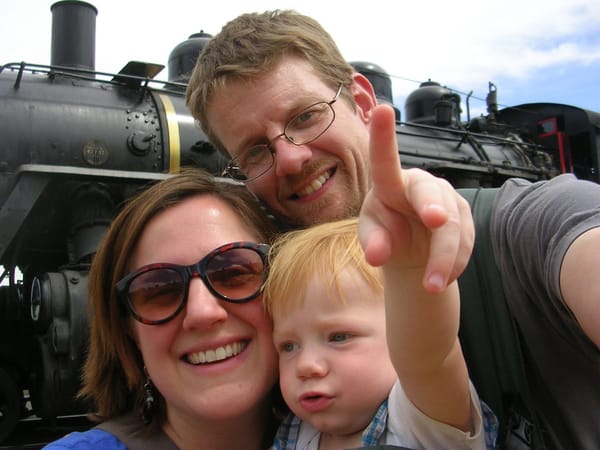Explainer: Why do Republicans have caucuses?
Many offices are officially non-partisan, but caucus meetings allow parties to choose candidates without primaries or hundreds of signatures.

For village trustees candidates, since all the villages in northern Winnebago County are non-partisan races, there are no primaries. So they go door to door collecting signatures to qualify them to be placed on the ballot. But for some other candidates, there is another way: a party caucus meeting at their local township hall. Only one-third of voters in Roscoe and Rockton Townships are Democrats, so Democrats don't choose candidates in caucus meetings, except for precinct committee chairs. But apart from a primary, the only way to get on the ballot as a Republican is to be selected at a caucus.
The word "caucus" brings up pictures of smoke filled rooms where money or power talks. But any registered member of a party can attend a caucus meeting. The party leaders don't advertise these meetings widely, because they prefer only the party faithful to know about them.
John Guevara said, "Only Rockford Democrats had a primary. In Roscoe and Rockton, Democrats run as 'independents.'" To suggestions that a caucus might be less democratic than a primary, he replied, "There were more people at the Roscoe Republican caucus who voted to nominate our slate than there were required to sign petitions to put a Republican candidate on the primary ballot." To candidates who would rather run as independents because they are afraid they won't be chosen by a caucus, Guevara says, "Just bring a hundred of your friends."
Michael Nolan, the chairman of the Rockton Township Republican Central Committee, said, "A caucus is a more personal and community-focused process where party members come together to discuss and decide on nominees. It allows for direct interaction and discussion, fostering unity and transparency within the party. This differs from a primary, which is another method of nomination where individual ballots are used, at a Primary Election, to select candidates for the Consolidated Election. While both methods are valid, the caucus emphasizes community involvement and collaboration."
Michael Nolan claims, “Many don’t realize Rockton Township has been holding primaries when we should be conducting caucuses. That’s a fundamental error.”
Actually, neither Rockton nor Roscoe Township has held primaries in recent years, at least not in 2017 or 2021. The Republicans have caucuses every four years. Though candidates often run as slates, they are not necessarily partisan slates. An independent can get on the ballot by collecting signatures in lieu of a caucus. In the Roscoe Township election of 2021, Right for Roscoe, headed by Ryan Rydell, was endorsed by the Winnebago County Republican Central Committee, but the opposing slate, Roscoe Independents, headed at the time by Bob Nowicki, were mostly Republicans too.
Roscoe Township Trustee Elizabeth Lindquist is running for re-election as an independent and, like Guevara, has experience on the subject. She disagrees with Nolan philosophically, saying, "Primaries are preferable because they're much more democratic than caucuses. In an Illinois township caucus, only precinct committee people can vote. In a primary, all registered voters can vote. Caucuses very much are like the smoke filled room where party bosses choose who they want."
"The problem is, primaries cost the townships money," says Lindquist. "The township bears the cost of everything that needs to be done to have an election. If there are no contested seats, it's not a wise use of resources. It's the county party central committee that has to notify the township if they even want to have a primary. So, if an outsider partisan candidate wants to run in a partisan primary, they have to convince the county party to call for the primary, otherwise they have to take their chances with a caucus (if the precinct committee people agree to hold a caucus.)" Roscoe Township Supervisor Bob Nowicki says that even a caucus can be costly, since they need to pay an attorney to advise the proceedings.
Over the years, several Republican political action committees (PACs) have been formed in far northern Illinois. The Strong Schools Alliance is chaired by a Republican precinct chairman Katie Littlefield, but officially its purpose isn't partisan. Roscoe Village President Dave Krienke was chairman of Harlem Township Republicans. Roscoe Township Supervisor Tom Hawes was treasurer of Team Roscoe Township Republicans. Ryan Rydell became the chair. Team Roscoe Township Republicans disbanded in 2017. So did Citizens for a Clean Slate for Roscoe Township, which was organized to oppose Hawes.





